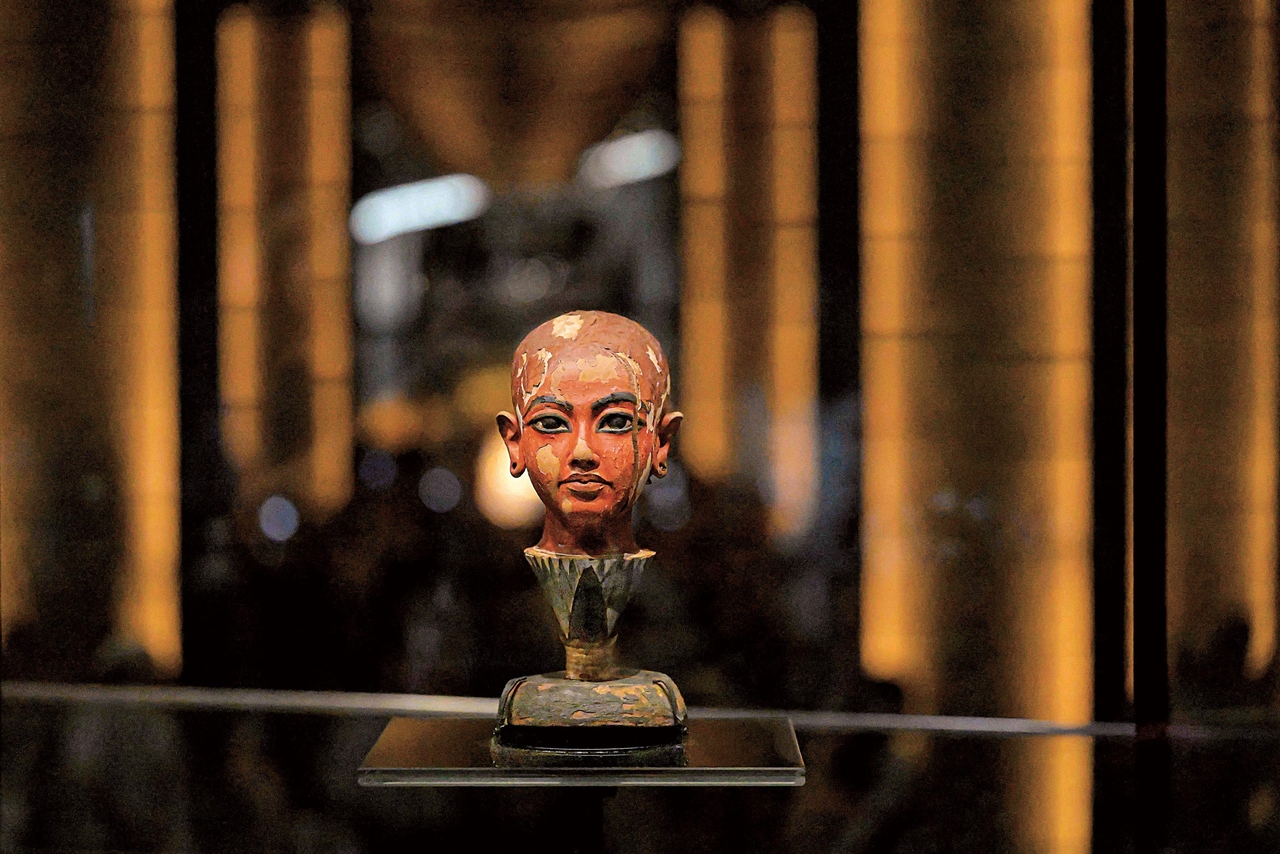The hatred that fuels Chega

The Chega party put up posters with the phrase "This is not Bangladesh".
For those who are even slightly attentive to the world around them, it is clear that this phrase comes in response to an AI-generated song that went viral about André Ventura.
Riding the wave, Chega did what it does best and created a tsunami. If there's one thing this party excels at, it's knowing how to seize opportunities to get its opponents to provide free publicity 24/7. In this, Chega is truly brilliant. It masterfully uses those who genuinely believe they are attacking the party to promote this party brand. Stalin had a name for this type of person.
Notice that it is often said, and with conviction, that the Chega party fuels hatred in society, that it promotes hatred, hate speech…
I tend to agree, but perhaps not for the same reasons that lead the overwhelming majority of experts in everything, from the media spaces, to assert it. Chega has a special relationship with hatred, because it manages to channel that feeling to promote itself in the media daily and at low cost.
But this hatred, contrary to what some would have you believe, is not from Chega towards others, but rather from others towards Chega. And the worst thing that could happen to the party led by André Ventura is for its opponents to realize this and start acting accordingly.
Chega is not far-right, fascist, racist, or any of the labels that the left has been placing on anyone to the right of Marx for decades. But it is convenient for Chega to follow the path that promotes these labels because, amidst the confusion, it fuels the hatred of those who oppose it.
This hatred, which the overwhelming majority of journalists, commentators, and "editorial staff" feel for the Chega party and its leader André Ventura, is so strong that they no longer seem to even bother to pretend they don't feel it.
And we constantly see André Ventura, Chega, or someone/something related to them trending on X, in the news, hours and hours of political commentary, reports, and even books promoting the party—even when the objective is the opposite.
Of course, amidst all this, we have several people who, in an intelligent way, understood what was happening and took advantage of it to "make a living," adopting a posture of constant attack against the Chega party and everything related to it. And, if they don't say it, they find a way to say it.
There are several cases of complete unknowns who, by surrendering to this strategy, are permanently making political commentary. These people should thank André Ventura for rescuing them from the anonymity to which they were destined—and to which they will return when the wind changes.
Do I mean to suggest that the opposition should stop talking about Chega? I don't care. It's certainly not up to me to tell the left how it should act.
But still, I leave you with this thought: if you need to invent things to attack someone, it's because you can't do it for the truth.
They say a word to the wise is sufficient — and so, just to be sure, I'll leave you with a word and a half.
Regarding the Bangladeshi ambassador, who wants explanations about the poster in question, I ask that he read this slowly and reflect on the following question: Is Portugal Bangladesh?
You're welcome.
observador





